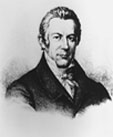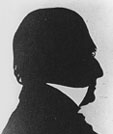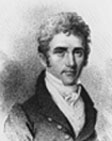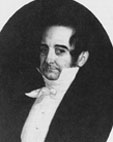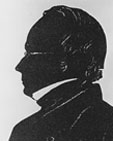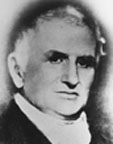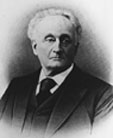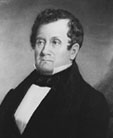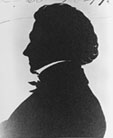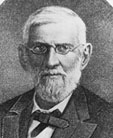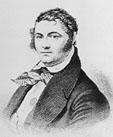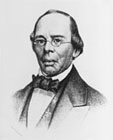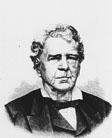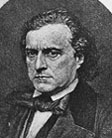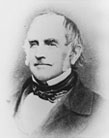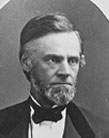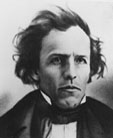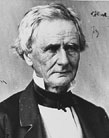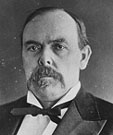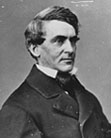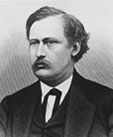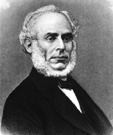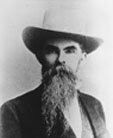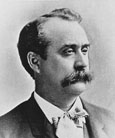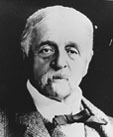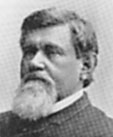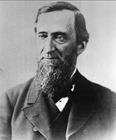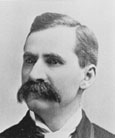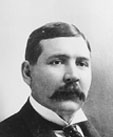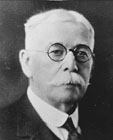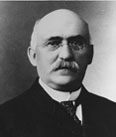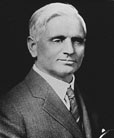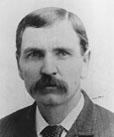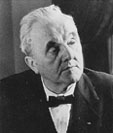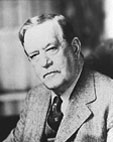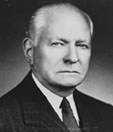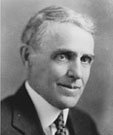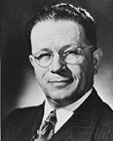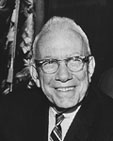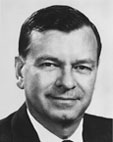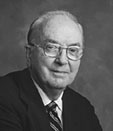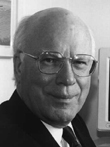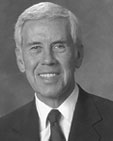| A Senator from Wyoming; born in Hinsdale, Berkshire County,
MA, June 20, 1844; attended the common schools and Hinsdale Academy;
during the Civil War enlisted in the Forty-ninth Regiment, Massachusetts
Volunteer Infantry, and served as a private and non-commissioned officer
until he was mustered out of the Service; received the Congressional Medal
of Honor September 30, 1893 for gallantry on the battlefield at the siege
of Port Hudson, LA, May 27 to July 9, 1863; later served as Captain in the
Massachusetts Militia; engaged in farming and stock raising in MA; moved
to Wyoming (then a part of the Dakota Territory), in 1868; became
interested in the real estate, mercantile, livestock, and lighting
businesses in Cheyenne; member Territorial Senate 1873-1874 and served as
President; member of the City Council, 1873-1874; Treasurer of Wyoming
1876, 1879, 1882, 1884; member Territorial Senate, 1884-1885; Mayor of
Cheyenne, 1885; appointed Governor of the Territory of Wyoming by
President Chester A. Arthur in February 1885, but was removed by President
Grover Cleveland in 1886; again appointed Governor by President Benjamin
Harrison in March 1889 and served until elected to the position in 1890;
elected as the first Governor of the State in September 1890, but resigned
on September 24, 1890, having been elected as a Republican to the United
States Senate November 18, 1890, and served until March 4, 1893; resumed
agricultural pursuits and stock raising; again elected to the United
States Senate in 1895; reelected in 1901, 1907, 1913, 1918, and again in
1924, and served from March 4, 1895 until his death in Washington, D.C.
November 24, 1929; Chairman, Committee on Irrigation and Reclamation of
Arid Lands (Fifty-second, Fifty-fourth, and Fifty-fifth Congresses),
Committee on Claims (Fifty-sixth through Fifty-ninth Congresses),
Committee on Irrigation (Fifty-ninth Congress), Committee on Military
Affairs (Fifty-nine through Sixty-first Congresses), Committee on Public
Buildings and Grounds (Fifty-ninth Congress), Committee on Agriculture and
Forestry (Sixty-first Congress), Committee on Appropriations (Sixty-second
and Sixty-sixth through Seventy-first Congresses), Committee on Engrossed
Bills (Sixty-third through Sixty-fifth Congresses). [Photo: U.S. Senate
Historical Office]
|
